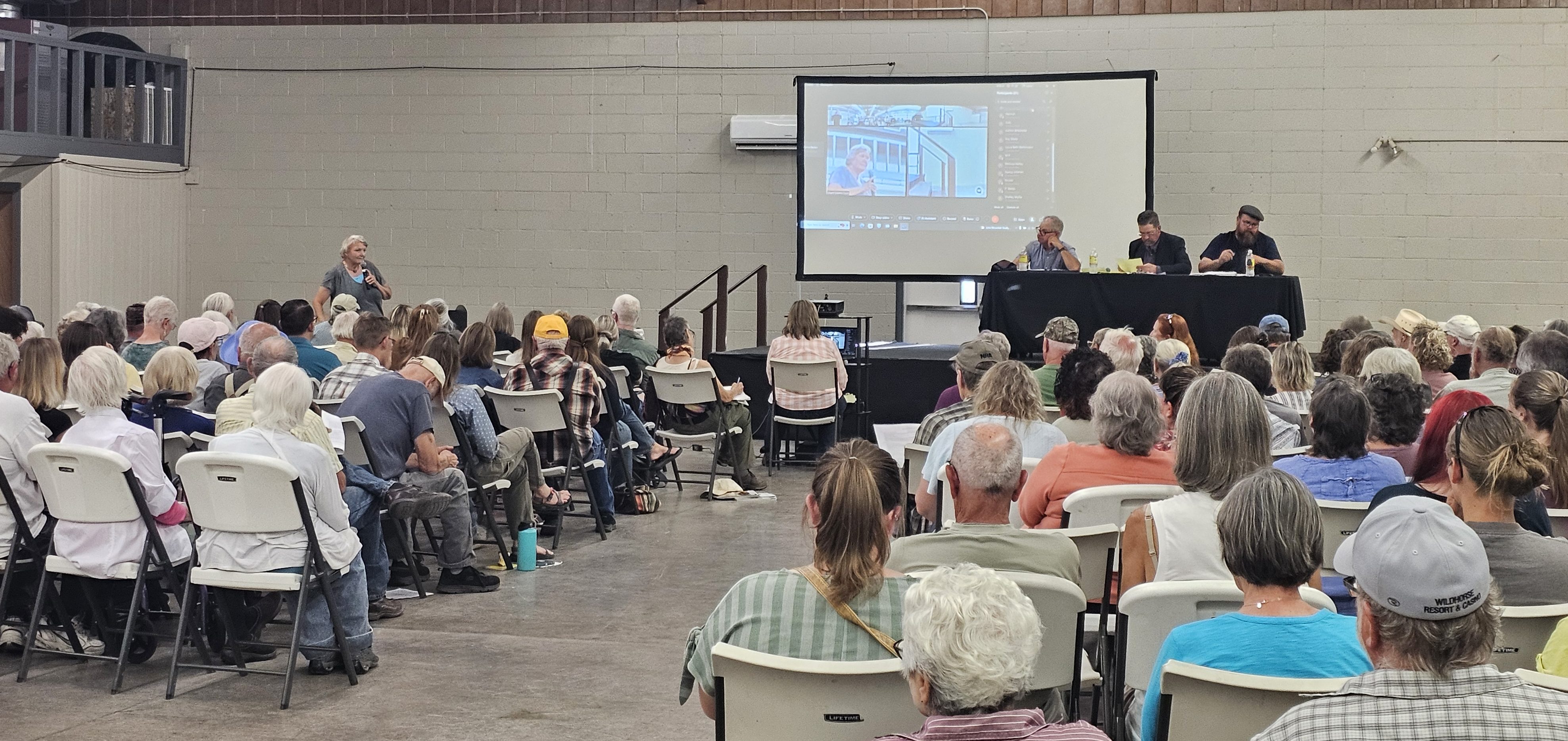Unconstitutional laws are invalid
Published 5:20 am Thursday, December 17, 2015
To the Editor:
Trending
For those laboring under the assumption of federal government supremacy, Unconstitutional Official Acts — 16 Am Jur 2d, Sec 177 late 2d, Sec 256 — is worth the read. Succinctly put:
The general misconception is that any statute passed by legislators bearing the appearance of law constitutes the law of the land. The U.S. Constitution is the supreme law of the land, and any statute, to be valid, must be in agreement. It is impossible for both the Constitution and a law violating it to be valid; one must prevail.
The general rule is that an unconstitutional statute, though having the form and name of law is in reality no law, but is wholly void, and ineffective for any purpose
Trending
Since an unconstitutional law is void, the general principles follow that it imposes no duties, confers no rights, creates no office, bestows no power or authority on anyone, affords no protection and justifies no acts performed under it.
An unconstitutional law cannot operate to supersede any existing valid law. No one is bound to obey an unconstitutional law and no courts are bound to enforce it.
Any unconstitutional act of an official will at least be a violation of the oath of that official to execute the duties of his office, and therefore grounds for his removal from office. No official immunity or privileges of rank or position survive the commission of unlawful acts. If it violates the rights of individuals, it is also likely to be a crime, and the militia duty obligates anyone aware of such a violation to investigate it, gather evidence for a prosecution, make an arrest, and if necessary, seek an indictment from a grand jury and, if one is obtained, prosecute the offender in a court of law.
Judy Kerr
Canyon City









